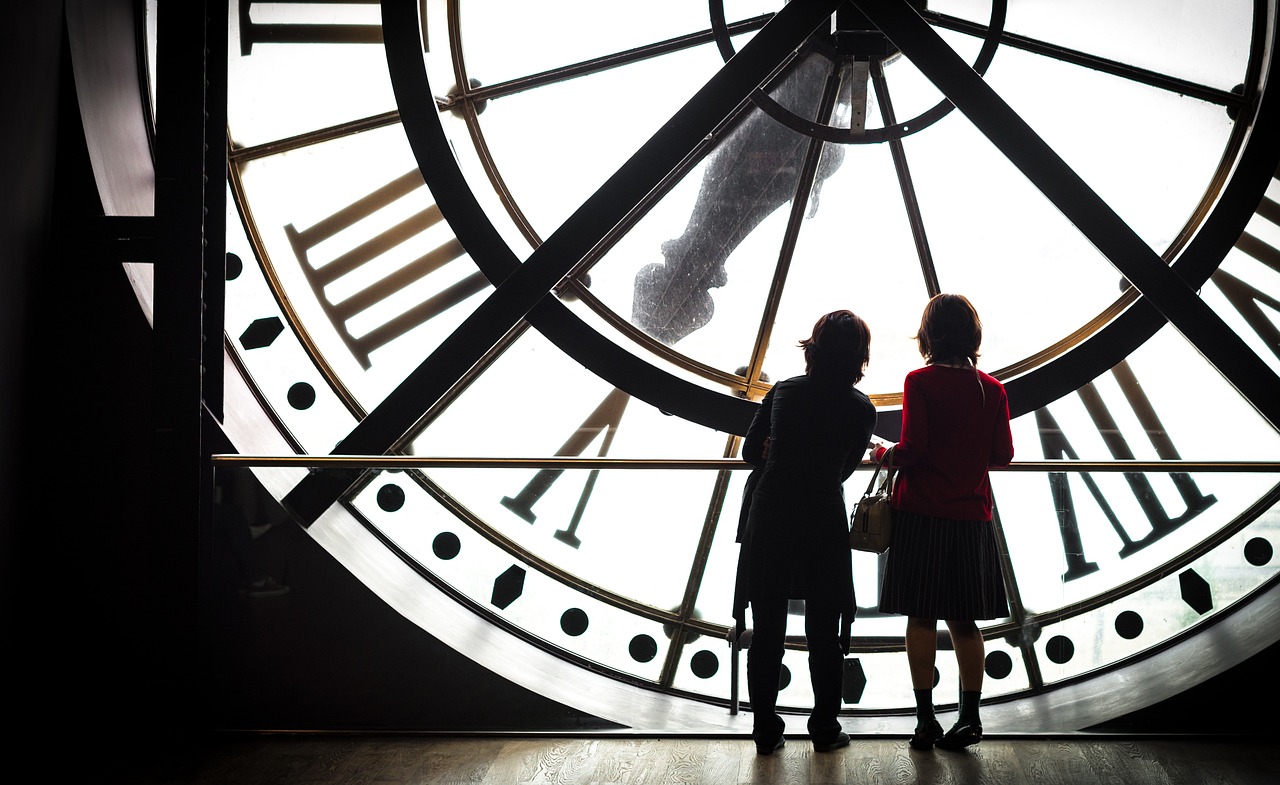The winter schedule that began in October ends this weekend in the European Union (EU), so that at 2:00 in the morning from Saturday 25 to Sunday 26 March, the clocks will have to be advanced one hour, until 3:00, as established by a European directive that all Member States must comply with.
This measure, initially designed to save energy and adapt daily activities to daylight hours, has generated controversy in recent years about how effective it is in reducing consumption and, on the other hand, how much it destabilizes the health of citizens.
Photo.Pixabay
According to the European Directive 2000/84/EC, Member States must set clocks back and forward twice a year:
they are delayed when winter time is entered and they are advanced when summer time is welcomed.
In this way, starting next Sunday, sunrise will be later and the afternoons will be longer because one more hour of daylight will be gained.
In 2018, a public consultation organized by the European Commission revealed that 80 percent of the 4.6 million people who participated were in favor of ending the time change. Despite pressure from other Member States, it was decided to keep the seasonal change, which is effective on the last Sunday of March and October, for now.
